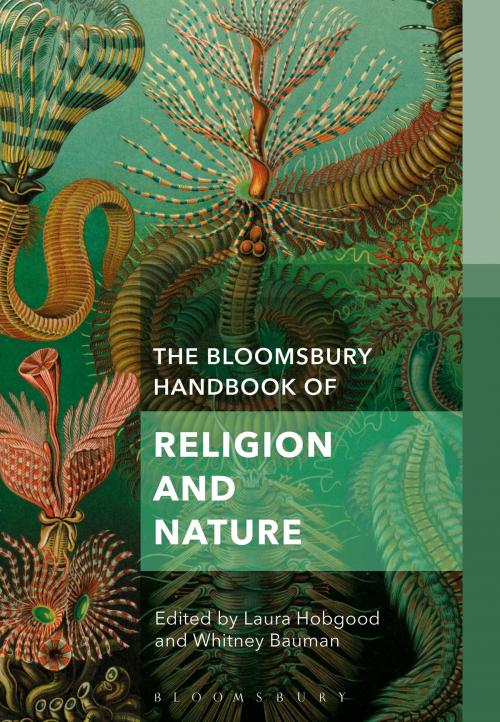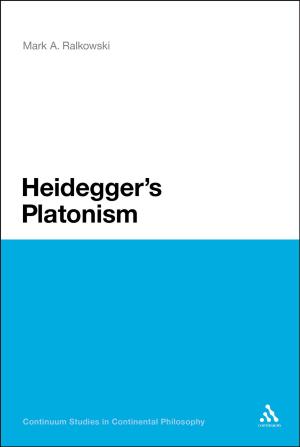The Bloomsbury Handbook of Religion and Nature
The Elements
Nonfiction, Religion & Spirituality, Reference, General Reference, Social & Cultural Studies, Social Science, Sociology, Marriage & Family, History| Author: | ISBN: | 9781350046832 | |
| Publisher: | Bloomsbury Publishing | Publication: | May 17, 2018 |
| Imprint: | Bloomsbury Academic | Language: | English |
| Author: | |
| ISBN: | 9781350046832 |
| Publisher: | Bloomsbury Publishing |
| Publication: | May 17, 2018 |
| Imprint: | Bloomsbury Academic |
| Language: | English |
Divided into four parts-Earth, Air, Fire, and Water-this book takes an elemental approach to the study of religion and ecology. It reflects recent theoretical and methodological developments in this field which seek to understand the ways that ideas and matter, minds and bodies exist together within an immanent frame of reference. The Bloomsbury Handbook of Religion and Nature focuses on how these matters materialize in the world around us, thereby addressing key topics in this area of study.
The editors provide an extensive introduction to the book, as well as useful introductions to each of its parts. The volume's international contributors are drawn from the USA, South Africa, Netherlands, Norway, Indonesia, and South Korea, and offer a variety of perspectives, voices, cultural settings, and geographical locales.
This handbook shows that human concern and engagement with material existence is present in all sectors of the global community, regardless of religious tradition. It challenges the traditional methodological approach of comparative religion, and argues that globalization renders a comparative religious approach to the environment insufficient.
Divided into four parts-Earth, Air, Fire, and Water-this book takes an elemental approach to the study of religion and ecology. It reflects recent theoretical and methodological developments in this field which seek to understand the ways that ideas and matter, minds and bodies exist together within an immanent frame of reference. The Bloomsbury Handbook of Religion and Nature focuses on how these matters materialize in the world around us, thereby addressing key topics in this area of study.
The editors provide an extensive introduction to the book, as well as useful introductions to each of its parts. The volume's international contributors are drawn from the USA, South Africa, Netherlands, Norway, Indonesia, and South Korea, and offer a variety of perspectives, voices, cultural settings, and geographical locales.
This handbook shows that human concern and engagement with material existence is present in all sectors of the global community, regardless of religious tradition. It challenges the traditional methodological approach of comparative religion, and argues that globalization renders a comparative religious approach to the environment insufficient.















